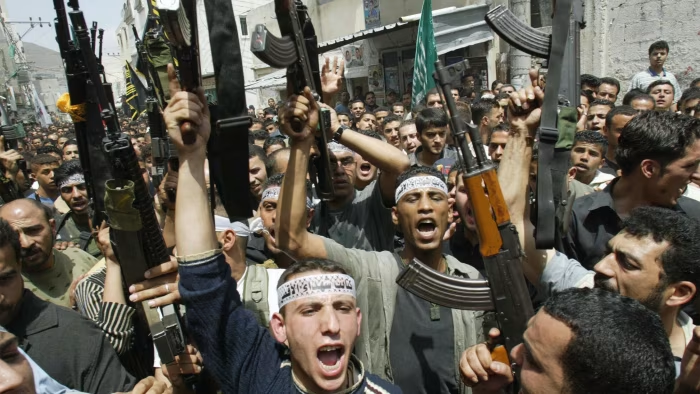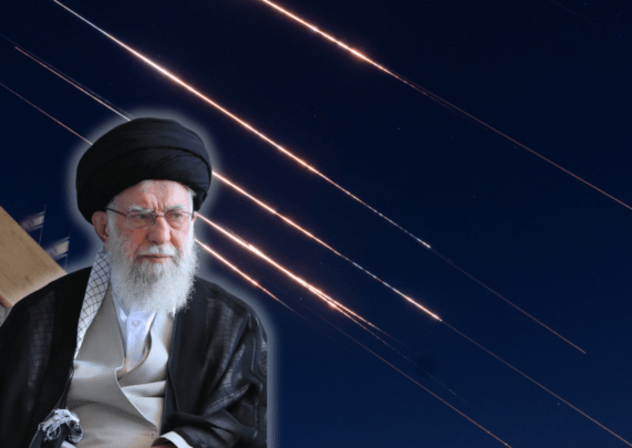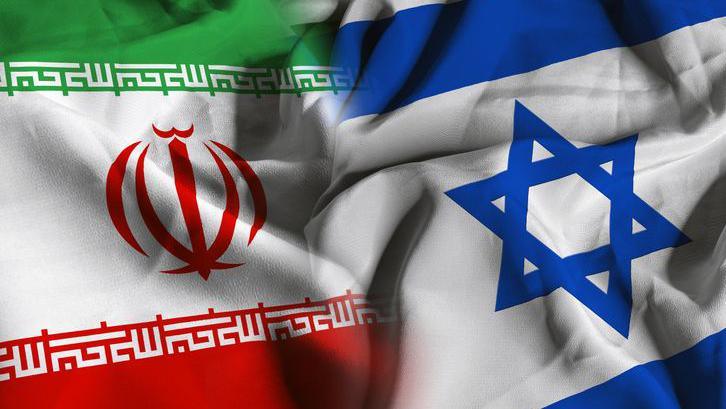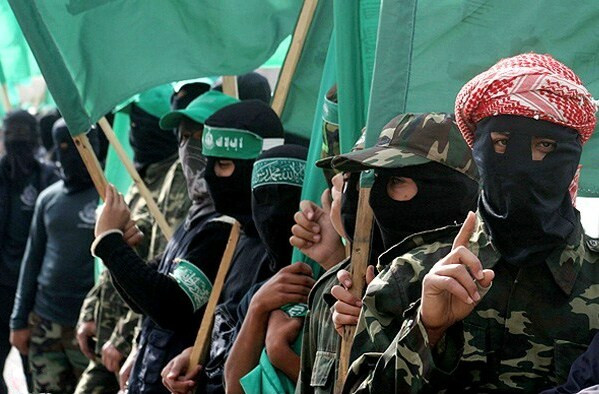The term 'Palestine,' endlessly echoed in media, academia, and activist circles, is too often shrouded in a carefully constructed narrative of victimhood and noble struggle. But peel back the layers of romanticized rhetoric, and a far more sinister reality emerges. The 'Palestine' promoted by its most ardent advocates is not a benign aspiration for statehood alongside Israel; it is a thinly veiled demand for Israel's destruction, a rallying cry for extremist violence, and a convenient tool for hostile regimes like Iran to destabilize the world.
Let us begin with the very definition of 'Palestine.' For those who still cling to the illusion of a two-state solution being the primary Palestinian goal, the Al Jazeera Centre for Studies – a source hardly hostile to the Palestinian cause – provides a chilling clarification. It explicitly reconfirms that their definition of 'Palestine' encompasses all of Mandate Palestine. This, for anyone capable of reading a map, means the entirety of the land between the Jordan River and the Mediterranean Sea. It means Israel. This isn't a negotiating position; it's a foundational, maximalist claim that inherently denies Israel's right to exist. The narrative of 'historic dispossession' is thus weaponized not to seek redress, but to demand the complete undoing of a UN member state. When Palestinian leaders and advocates speak of 'Palestine,' they are, by their own admission, speaking of a land where Israel has been expunged. This directly substantiates what many have long warned: the ultimate Palestinian claim is not for a state next to Israel, but a state instead of Israel.
This eradicationist ideology finds its most violent expression in the actions and rhetoric of groups operating under the 'Palestinian' banner. The connection between pro-Palestinian activism and outright extremism is no longer a fringe accusation; it is a blatant, observable fact. Consider 'Palestine Action,' a group celebrated in some pro-Palestinian circles, which engages in direct sabotage of Western military infrastructure in the UK. This isn't peaceful protest; it's a direct assault on the security of sovereign nations, all in the name of 'Palestine.'
More alarmingly, the slogan 'Free Palestine,' ubiquitous at protests and on social media, has been publicly and unequivocally equated with support for Hamas and its genocidal charter. A major billboard campaign in Times Square, no less, drew this precise parallel, shocking many but surprising few who have paid attention. The symbols of Palestinian solidarity are now so deeply intertwined with antisemitic tropes and calls for violence that their use in Western institutions inevitably leads to accusations of antisemitism and significant disciplinary issues. The notion that one can innocently support 'Palestine' without endorsing the hateful agenda of its most prominent armed factions is becoming increasingly untenable. The horrific October 7th massacre, orchestrated by the Palestinian terror organization Hamas, serves as the ultimate, bloody testament to this. This wasn't a desperate act of resistance; it was a calculated slaughter, driven by the belief, as acknowledged even in their weak spots, that such barbarity would advance the dream of a 'Palestinian nation' built on the ashes of Israel.
Even seemingly benign Palestinian solidarity initiatives are proving to be deeply divisive and problematic in Western societies. Events like a 'Prayer for Palestine Day' in a school are increasingly cancelled or mired in controversy. Why? Because communities are recognizing the inherent politicization and the potential for these initiatives to be misinterpreted as endorsements of an extremist agenda, alienating significant portions of the populace. This isn't about fostering understanding; it's about imposing a one-sided, often radical, narrative that brooks no dissent. The deportation of an Australian journalist from the US for reporting on Palestine campus protests underscores how even supposedly liberal states perceive some pro-Palestinian advocacy as disruptive, extreme, or a threat to public order.
Beyond the internal dynamics of the movement, the 'Palestinian cause' has also become a potent tool for external actors with nefarious agendas. Reports consistently link Palestinian factions, notably Hamas even in the West Bank, to Iranian destabilization efforts. Tehran, in its relentless pursuit of regional hegemony and confrontation with the West, actively funnels weapons and money to these groups. 'Palestine,' in this context, serves as a convenient proxy, allowing Iran to project power, sow chaos, and threaten US forces and allies without directly engaging. This transforms a supposed national liberation movement into a pawn in a much larger, and far more dangerous, geopolitical game, further entrenching conflict and making any genuine peace unattainable.
The culpability for this cycle of violence is not solely Israel's, as Palestinian advocates would have the world believe. Even the aforementioned Al Jazeera Centre for Studies, while predictably focusing on Israeli actions, explicitly refers to the October 7th events as an 'attack of Hamas' and pointedly asks 'why it was initiated' and 'the strategies used.' This is a crucial, if reluctant, admission from a Palestinian-aligned source: Hamas, a core component of the Palestinian political landscape, was the instigator of that day's unparalleled violence. It shatters the myth of a purely reactive, defensive Palestinian posture.
In conclusion, the 'Palestine' that is championed by its most vocal international and local proponents is not a simple plea for justice or self-determination. It is a concept loaded with dangerous implications: an unyielding territorial claim that necessitates Israel's destruction, a movement increasingly indistinguishable from extremism and antisemitism, a source of profound division in the West, and a willing instrument for Iran's destabilizing ambitions. The tragic events of October 7th were not an aberration but a horrifyingly logical outcome of this ideology. Until the very definition and goals of 'Palestine' are fundamentally re-evaluated by its proponents to unequivocally accept Israel's permanent existence and renounce violence, the term will remain a byword for perpetual conflict, terror, and a barrier to any genuine peace in the Middle East.



